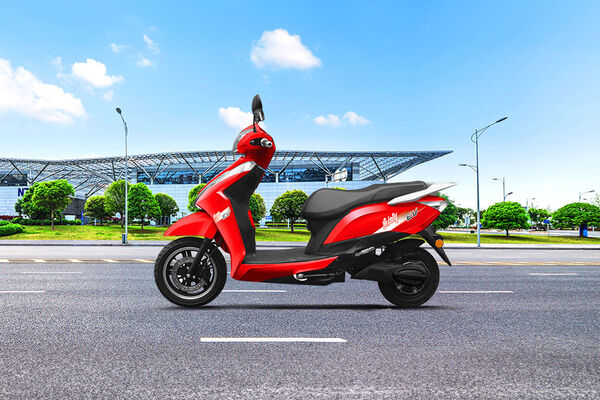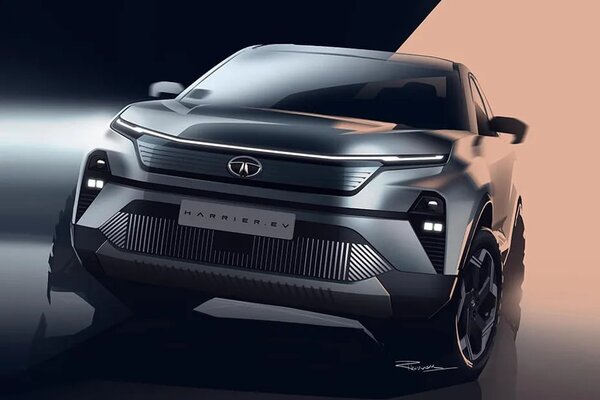Partnerships and penetrating to smaller cities key to India's EV success: ABB
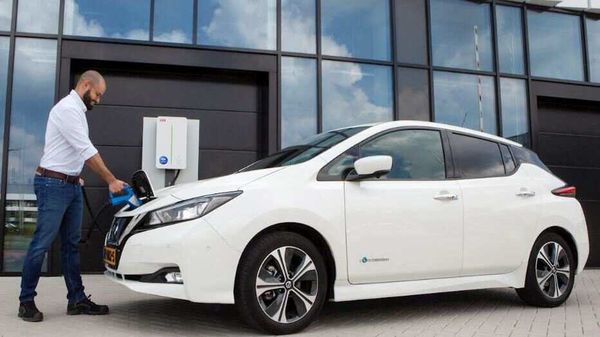

With a massive focus on electric mobility the world over, the time for new-age vehicles has truly arrived and is a shot in the arm in the fight against climate crisis. With more and more countries speeding up processes to reach their respective targets related to carbon emissions, India has shown a solid intent to not be left wanting. As such, the role EVs have to play here is as relevant - and significant - as anywhere else. Battery-powered vehicles and a support infrastructure in a country as diverse and extensive as India, however, is no ride in the proverbial park. And this is precisely where ABB, a global technology company headquartered in Switzerland, has been working in order to mitigate the challenges.
In an interview to HT Auto, CP Vyas - President, Electrification Business at ABB India, explained that while low-cost EVs are absolutely essential in ensuring that these reach the masses, it is the penetration to Tier 1 and Tier 2 cities that would possibly sustain this massive shift in mobility and related technology. He explained how steps taken by the central government and several state governments also auger well for the EV movement, while also outlining the way forward.
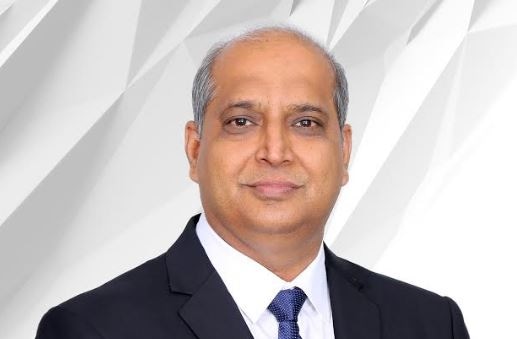

Also check these Vehicles
Excerpts from the interview:
HT Auto: How does ABB see India's progress towards electric mobility vis-a-vis western countries?
CP Vyas: The EV industry is expected to grow exponentially in the coming years. The Indian government is tightening emission regulations, which has already given a push to EV adoption in India. As a step towards encouraging green mobility, India has adopted the composite model where in Internal Combustion Engine (ICE) automobiles coexists with EVs.
Furthermore, adoption of EVs within both public transportation and fleet management is already underway, making this one of the key phases of the EV transition story in India.
Innovations will be a key driver to boost EV growth in India going forward. Battery innovations to increase the power density will help drive further range and lead to low cost car models, providing India an edge over other countries.
HT Auto: What are the major challenges related to expanding EV support infrastructure beyond Tier 1 cities?
CP Vyas: There are a few challenges that come into play when we look at having EV infrastructure beyond tier 1 cities. One being that the initial cost of ownership of an EV is relatively high, and therefore the demand for infrastructure is affected. Even if we were to look past the cost aspect, EVs are not available at all car dealerships. Furthermore, the lack of power infrastructure in tier 2 cities restricts the expansion of EV support infrastructure in these cities.
While these are some of the challenges that exist, some tier 2 cities have in fact had a positive response to electric vehicles. The tier 2 cities where we have provided EV charging infrastructure are Ludhiana, Haldwani, Nagpur, Tripur and Bhiwadi.
HT Auto: Several car makers still see Indian market to be at an amateur stage for EV products? How can infrastructure support open product options for buyers?
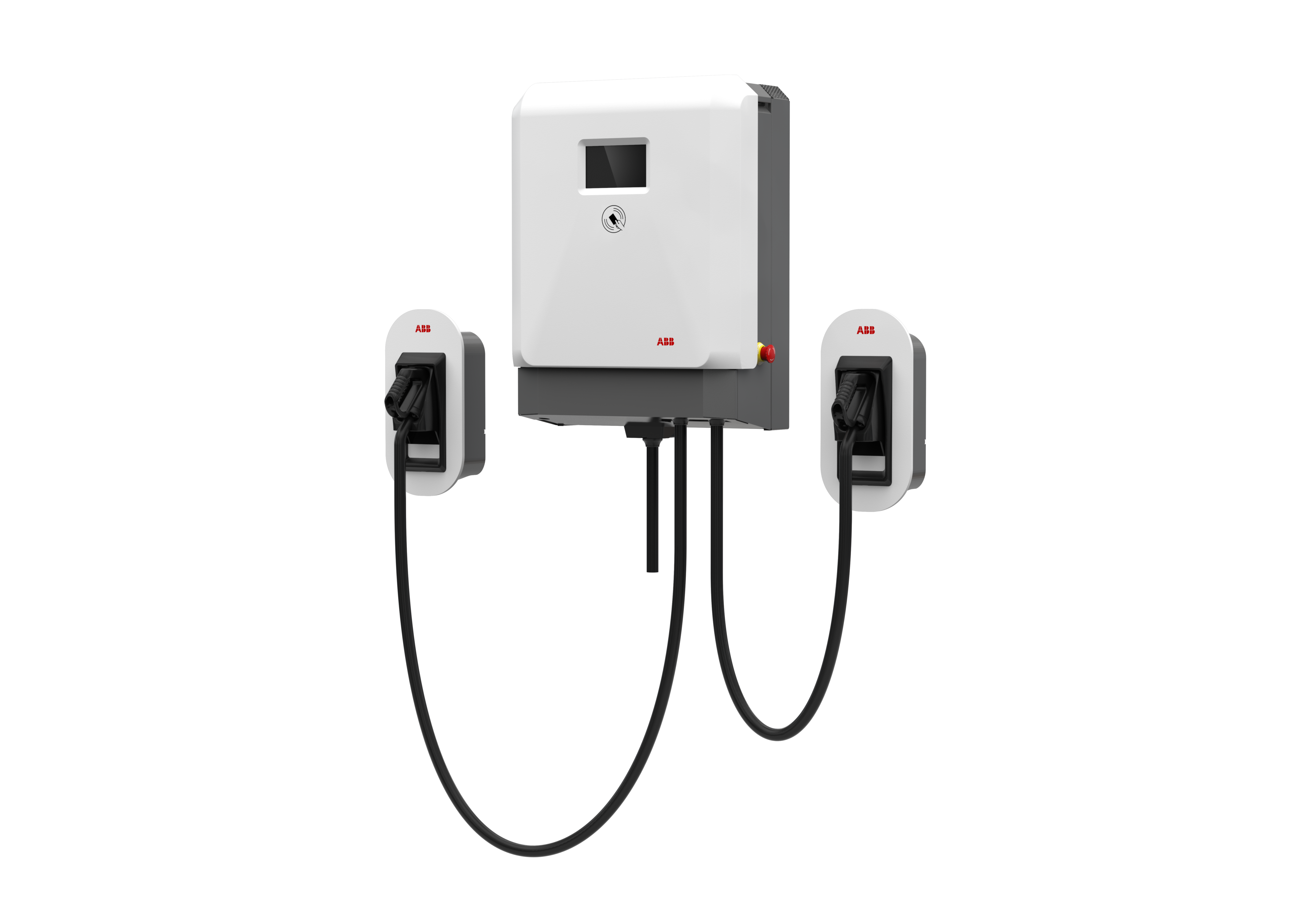

CP Vyas: The next few years will be integral for charging infrastructure companies. With Fame II and the government’s push for further EV adoption, be it for public or private automobiles, availability of charging technology will play a huge role in further pushing this agenda.
Accessibility and communication will be of vital importance. Therefore, the government is promoting the placement of charging infrastructure and planning charging stations across major highways and considering mandatory charging stations across all petrol pumps in the country.
HT Auto: How does ABB view government's role (at center and in states) in expanding EV adoption and expanding EV infrastructure?
CP Vyas: It is important to streamline EV policies and take strong steps towards an empowered EV ecosystem with focused measures such as the government's Fame II policy. It has an outlay of Rs. 10,000 crore and 86% of funding are being dedicated to creating demand for EVs in the country.
The states of Delhi and Telangana have taken the first step in this direction by fructifying their EV policy which incentivizes EV adoption in the states. The Delhi Electric Vehicle (EV) Policy 2020, with a first time ever scrappage incentive aims to encourage EV usage through attractive subsidies and incentives. Such policies will also help in transforming the transport sector across different states and further induce EV adoption in India.
Government aims to make India a global manufacturing hub for EV over the next 5 years, with the GST reduction creating the necessary impetus to achieve this. It has also recognised the need to power the self-reliant ecosystem, thus encouraging home grown start-ups and domestic vehicle manufacturers to develop more supply chains for the EV industry.
HT Auto: Can partnering with OEMs boost the process of setting up EV-supporting infrastructure? If so, how?
CP Vyas: ABB has been collaborating with key stakeholders ever since it first forayed into this space in India. The company launched the first public DC fast charger in East Delhi this year with EV Motors India for BYPL.
It also announced the launch of multiple charging stations across Ludhiana, for the hospitality sector and for the city of Haldwani, Bhiwadi in the commercial charging space with AAR Power Solutions with their brand AAR GO EV Smart. ABB is also working in Chennai for the busy market of T Nagar with Saravanaa Aircon MEP and their brand Simplycharge, and in the textile hub of Tirupur with Zeon International.
HT Auto: How does ABB plan to raise EV-related awareness among people at large?
CP Vyas: ABB is deeply involved in the e-mobility space and for the past decade, has powered forward the global e-mobility transition with a host of technological achievements. This year, the company launched World EV Day in partnership with Green.TV to take charge of an electric future, and launched an online pledge campaign encouraging automobile drivers from around the world to make a firm commitment for their next car to be electric.
Since 2014, ABB has been the title sponsor for the ABB FIA Formula E Championship – the world’s first electric motor racing series.The company's partnership with ABB Formula E championship is more than a racing event, it showcases the most advanced EV technology, which is helping build a more sustainable future. These partnerships enable ABB to showcase the most advanced EV technologies, displaying their range and the immense possibilities with electric vehicles to the public.
The firm also consistently reaches out to Tier 2 and Tier 3 cities with its extended partner network to help expand the EV ecosystem in India.







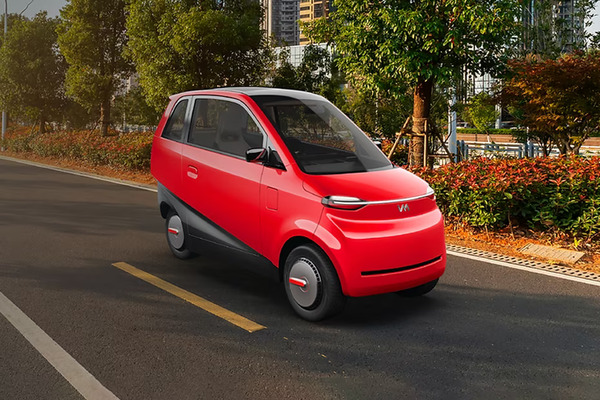
 14 Kwh
14 Kwh 250 km
250 km